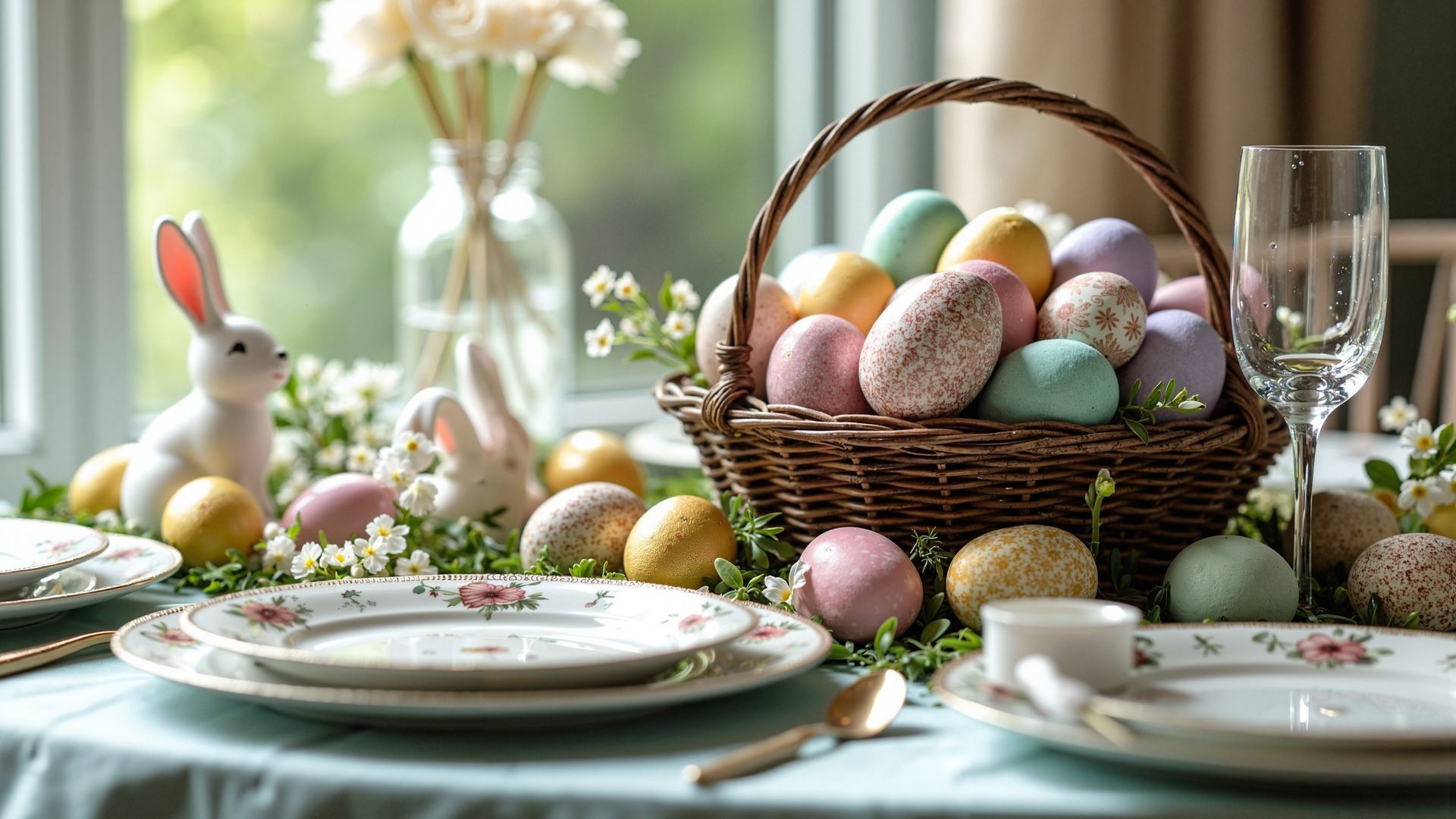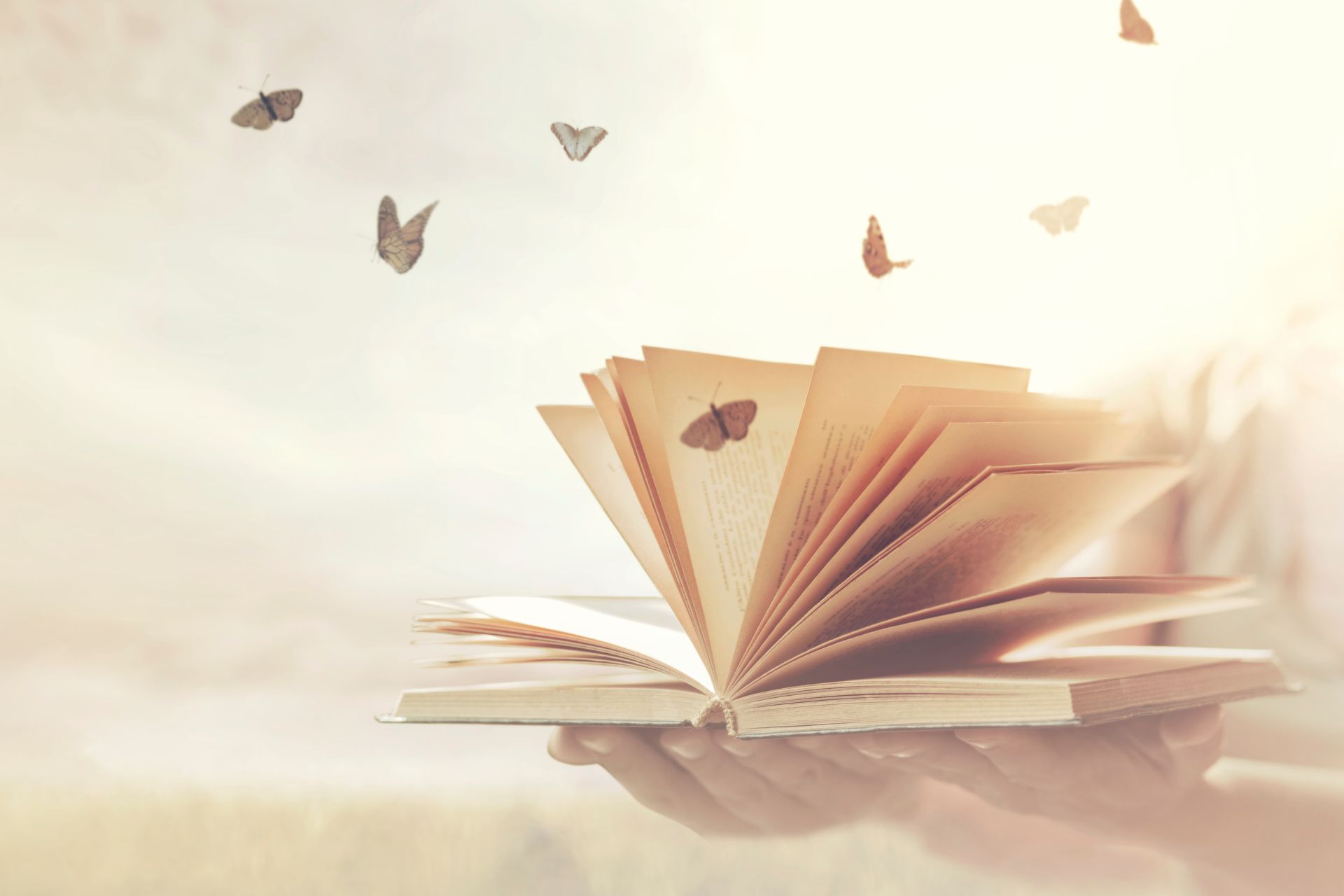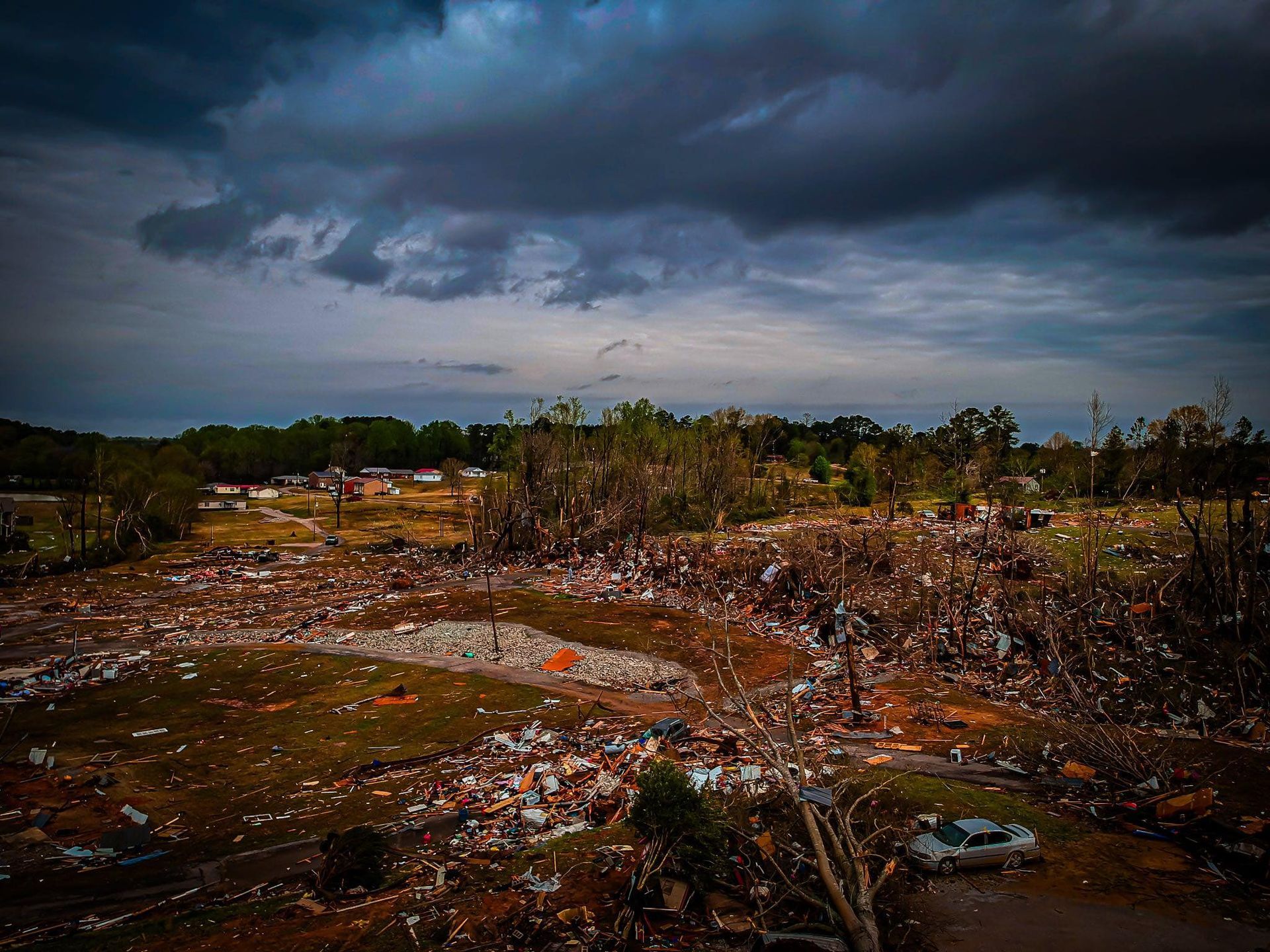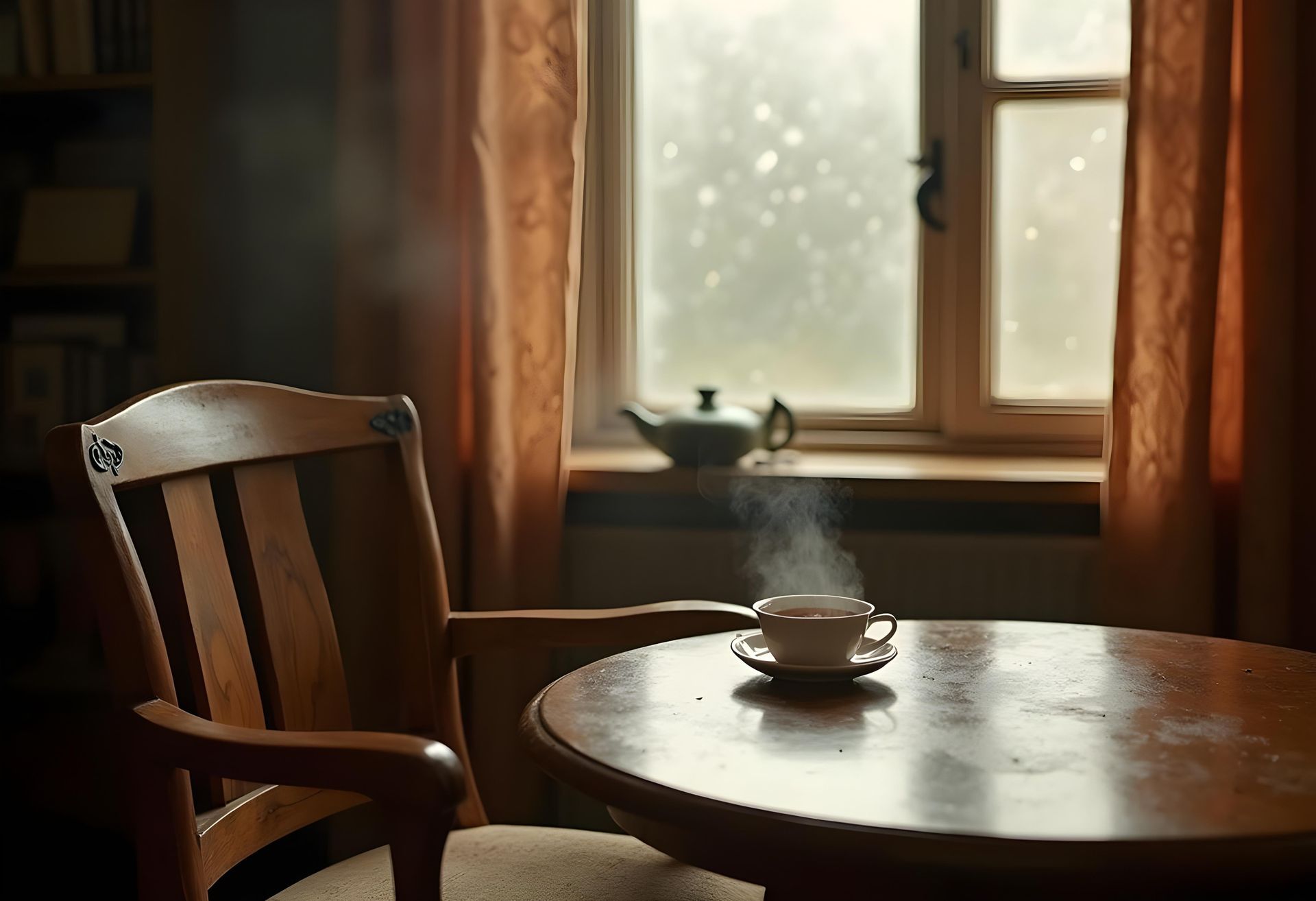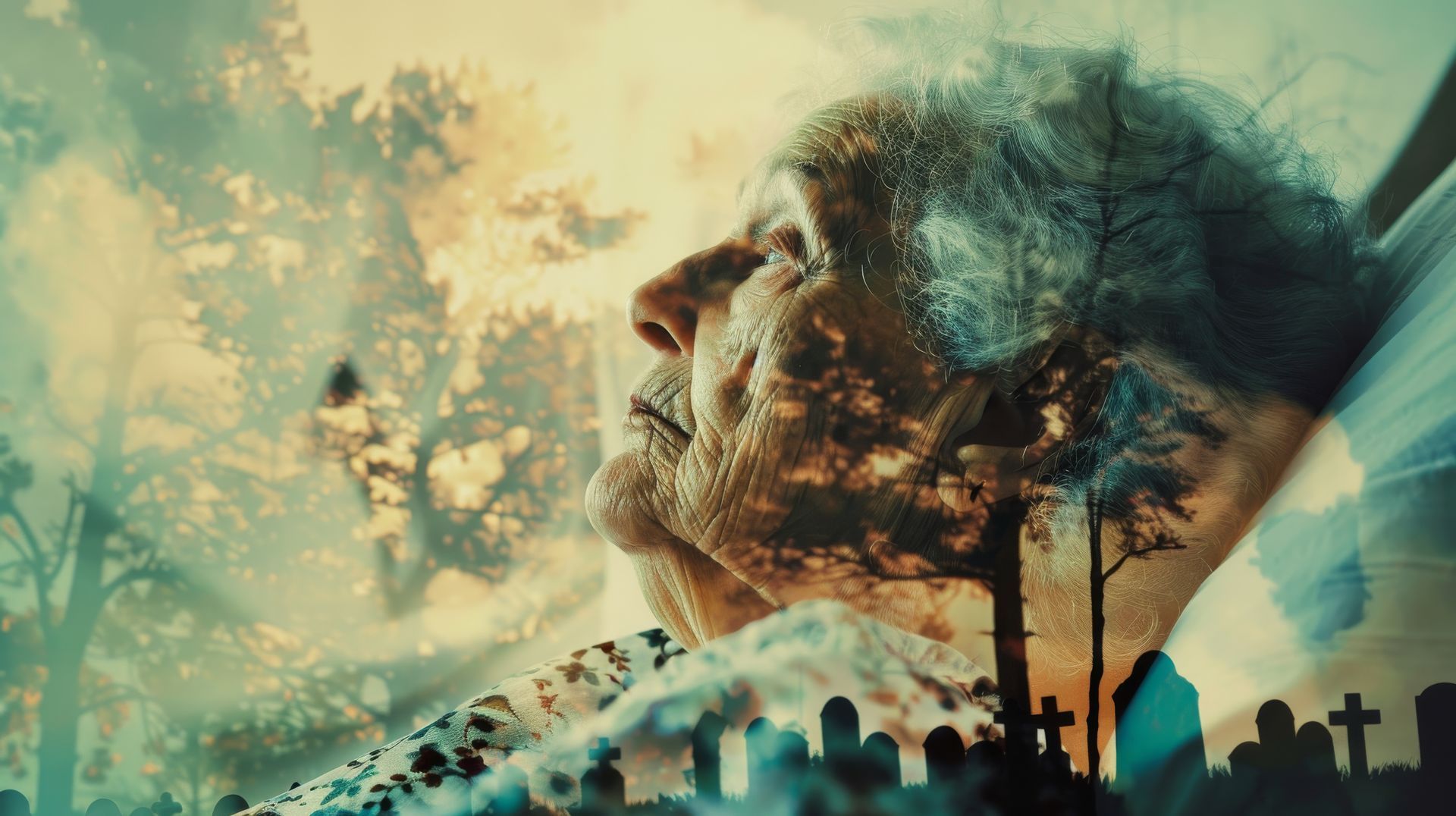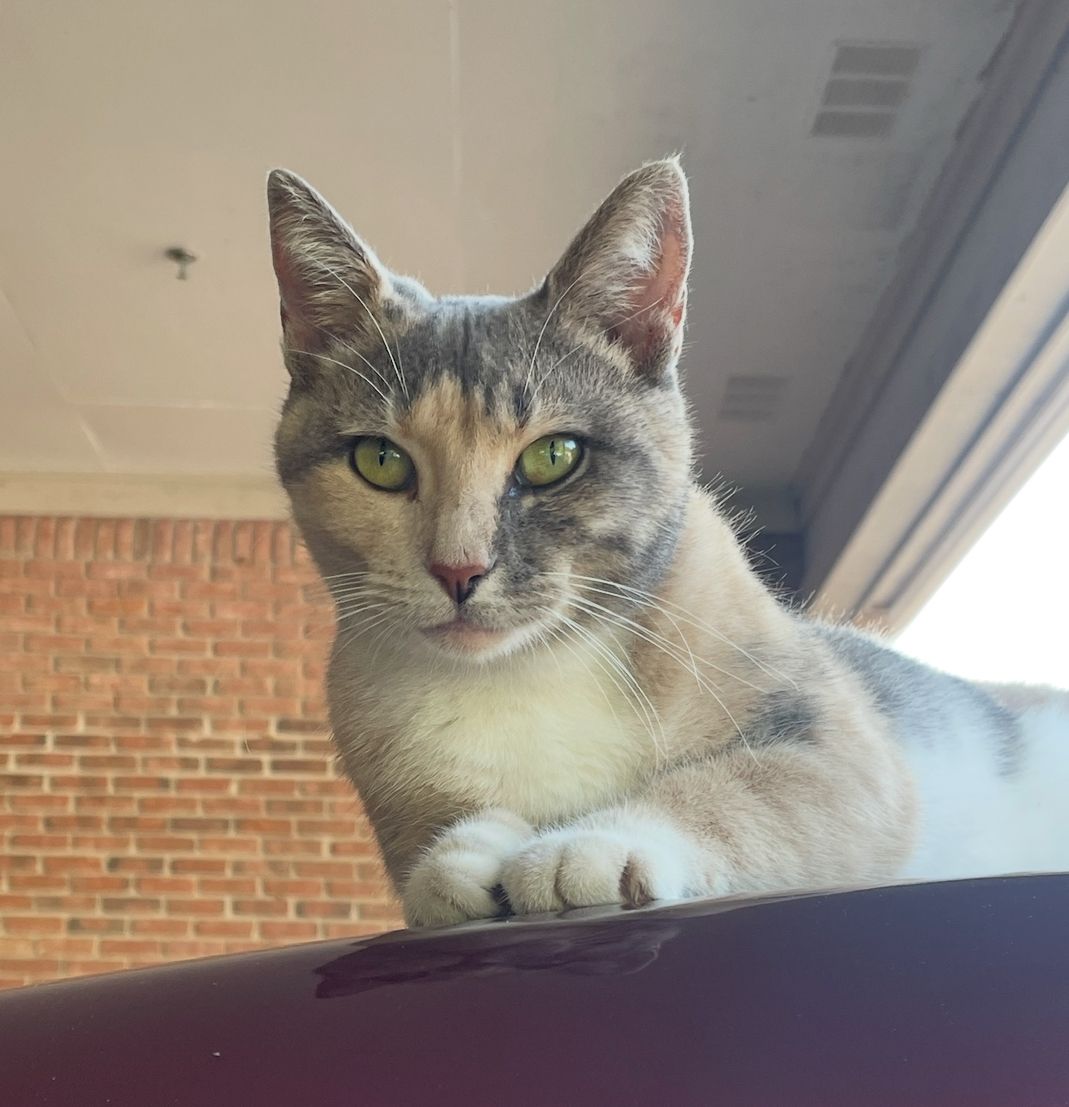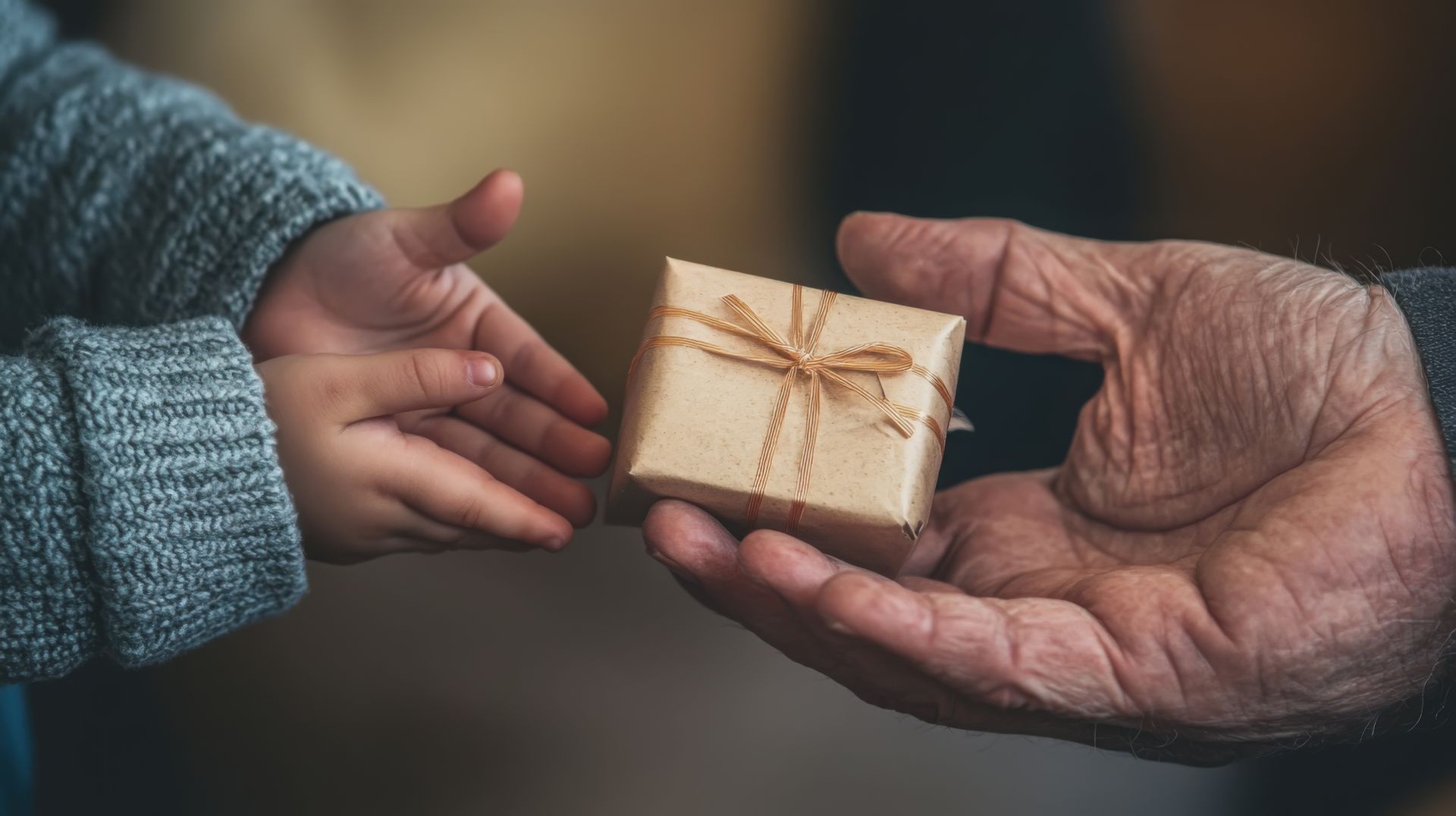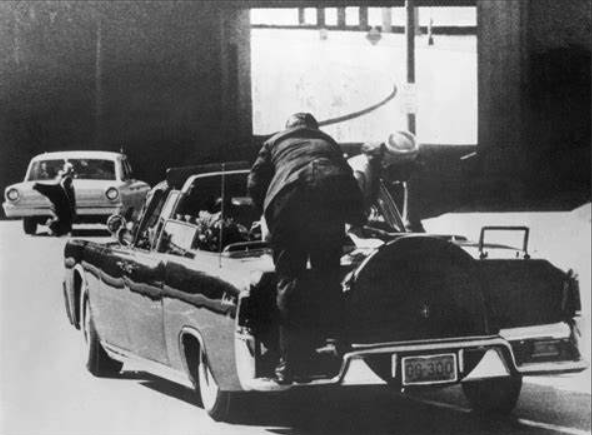Father. It seems like such a formal word. Like the title you heard the Banks children bestow upon their patriarch when they were allowed to speak with him in Mary Poppins; it implied a distance between the parent and the child—a separation, if you will. He ruled from afar, and his decisions were final. Think George Darling in Peter Pan when he banished Nana (the babysitting St. Bernard) from the nursery because the children were too old for such nonsense.
But when we think of Father’s Day, is that really the mental picture that forms for most of us? Maybe it depends on your stage in life. Maybe we had a “Daddy” when we were younger who morphed into a “Father” as we aged. A playmate, caretaker, and protector who became a wise, all-knowing guardian and guide. A man whose advice we sought instead of disdained. What is it they say? The older we get, the smarter our fathers become? Perhaps the poet expressed that transition best with these words:



